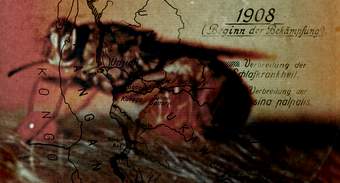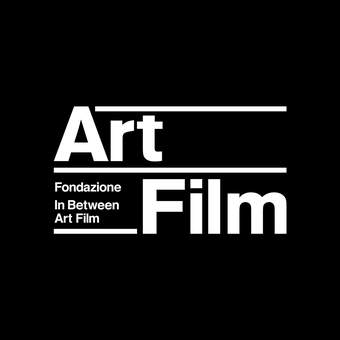DIS-EASE investigates how we imagine disease collectively, and how this affects our behaviour when encountering illness, outbreaks, doctors, treatments, and disability.
Drawing from archival footage of medical imaging, public health messaging, and pop-culture, as well as from interviews with a range of activists, journalists, scholars, and physicians, the film identifies dominant models in the history of science. It looks at how the “war on disease” metaphorically links human bodies and nation states as equally threatened by invading forces. It also examines colonial medical structures and their effects on contemporary public health.
Structured in ten chapters that are loosely chronological, DIS-EASE interweaves fictional and non-fictional material, shifting from microscopic views to individual patients, communities, national borders, global outbreaks, and macro views of planetary health. Similarly, the score and sound design move between inner and outer spaces, inspired by the synth-driven scores of twentieth century science fiction and documentaries.
DIS-EASE is a provocation to re-think how we define both the “public” and “health” today – who is included, what counts as care, and what it means to be sick or well. It asks viewers to consider the role of scientific research in wider society, examining how researchers across a huge breadth of varied disciplines – from cell biologists to social scientists – must work together to shape the health of communities most affected by urgent health challenges.
This screening is organised in collaboration with the Wellcome Trust.


